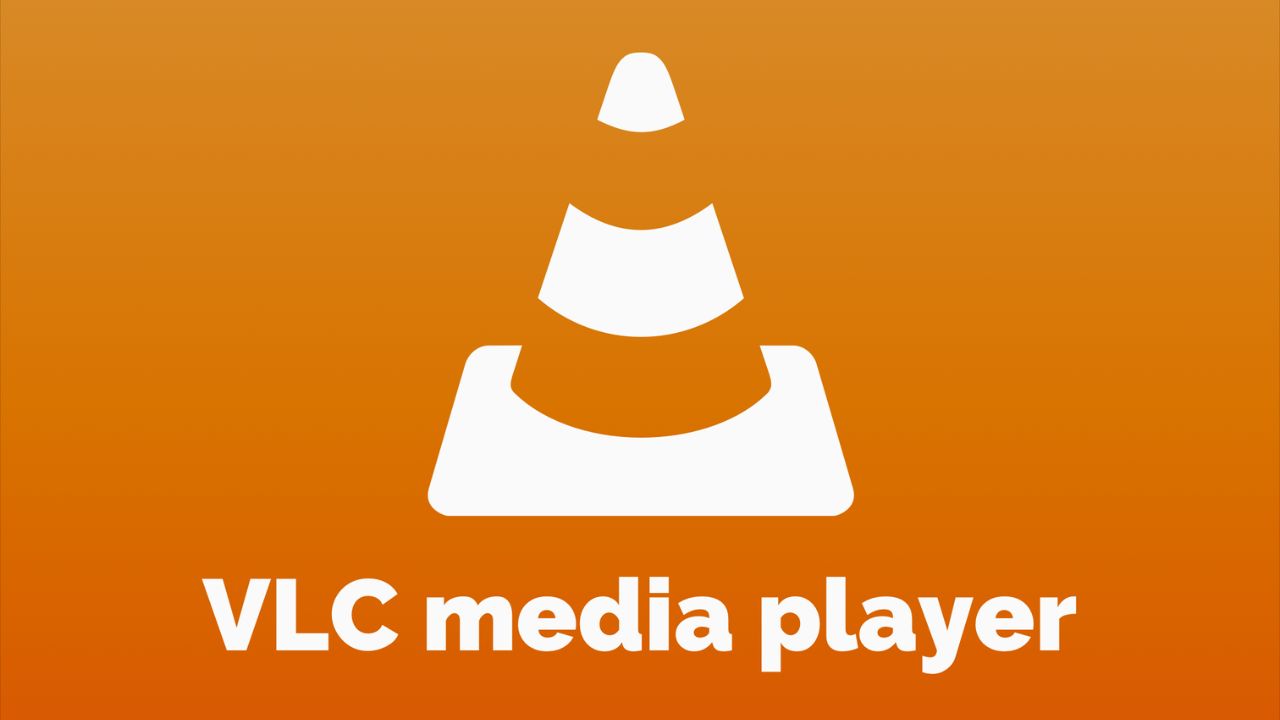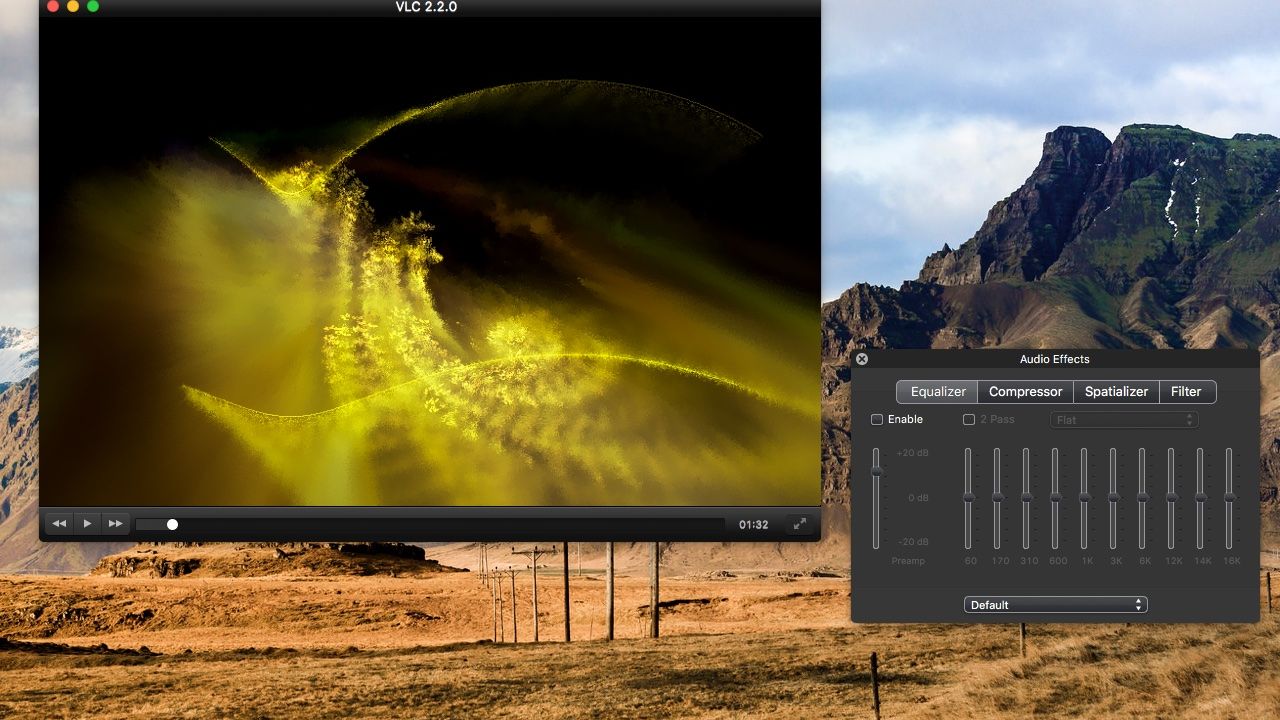 English
English

VLC Media Player’s creator, Jean-Baptiste Kempf, rejected billion-dollar offers to keep it free, ad-free, and private. More than just a video player, VLC is a symbol of trust, ethics, and user-first technology.

VLC: A video player that's not just software, it's a trust
New Delhi: Today, if you want to watch videos on a computer or mobile device, the first name that comes to mind is VLC Media Player. It's a tool that can play video files of almost every format without any hassle. But the story behind it is as interesting as it is inspiring.
Jean-Baptiste Kempf, the main developer of VLC, did something few people can do. Several major tech companies offered him billions (millions of dollars) in exchange for adding ads to VLC or selling user data. But he turned them down.
Strong 6.1 magnitude earthquake hits Mindanao; Is the Philippines facing a wave of seismic unrest?
He clearly stated, "We cannot deceive users." For him, creating software is not a business but a mission—protecting user privacy, integrity and freedom.
VLC began as a student project in France in the late 1990s. At that time, it was called VideoLAN Client. Its goal was to create a video player that could play videos of any format smoothly, without crashes or errors.

VLC Still Stays Free, Ad-Free, and Committed to User Privacy
Kempf earns money from his consulting and startups, but he deliberately never made VLC a source of profit. He believes that technology isn't just about making money but also about helping people.
While most apps and software today make money by selling user data, VLC stands as a clean, reliable, and transparent alternative. This software teaches us how technology can be used for the benefit of humanity—without greed or manipulation.
No related posts found.